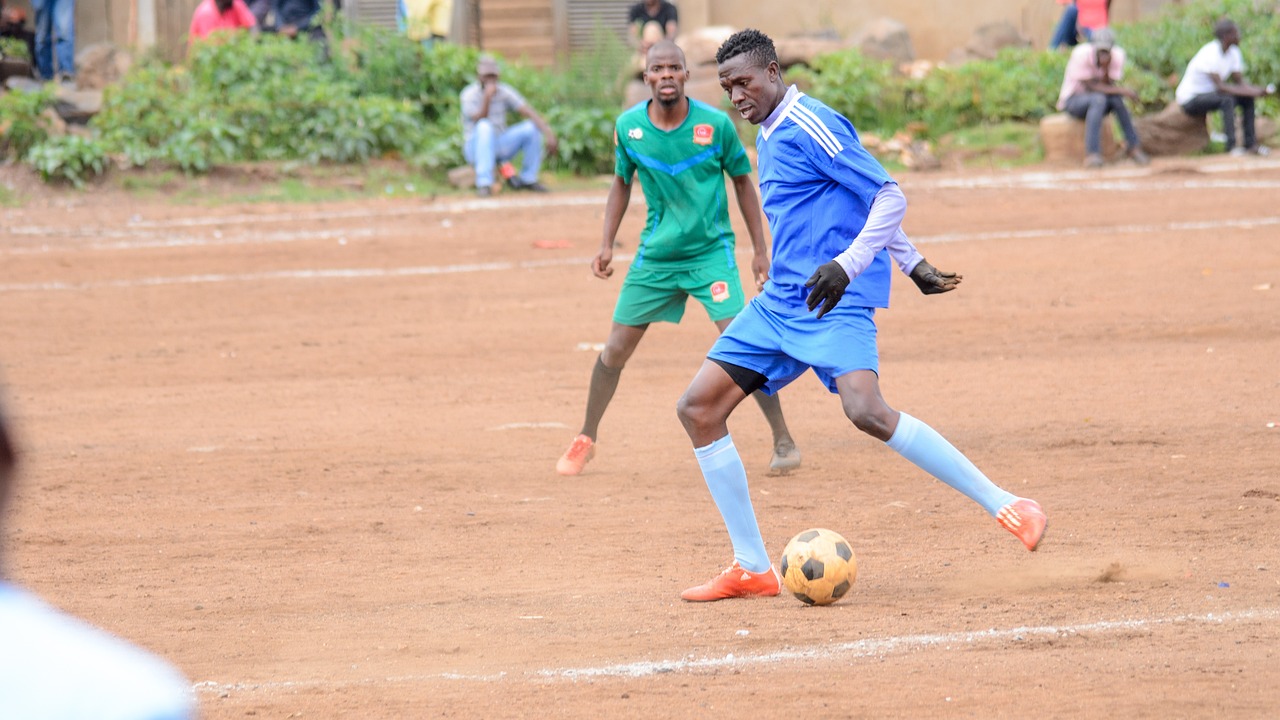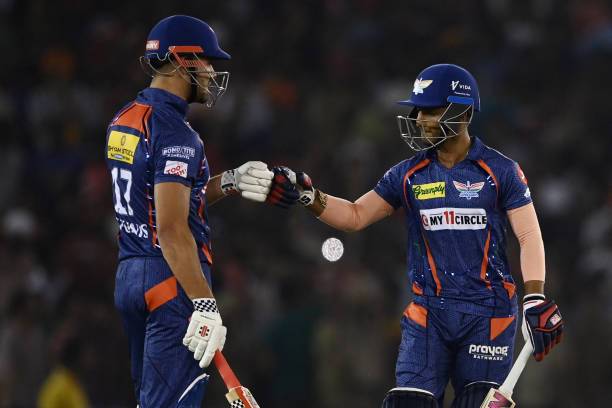The Impact of Cricket on Indigenous Communities: Cultural Exchange and Identity
Cricbet99, Allpaanel: Cricket has long held a special place in the hearts of indigenous communities around the world. For many, the sport is more than just a game; it is a symbol of resilience, identity, and cultural pride. Through the generations, indigenous peoples have used cricket as a means to connect with their heritage and history, passing down traditions and stories through the sport.
The roots of cricket in indigenous communities run deep, with many tribes and groups incorporating the game into their cultural practices. From the Australian Aboriginals to the Maori in New Zealand, cricket has been embraced as a way to celebrate unity, strength, and community spirit. The historical legacy of cricket in these communities serves as a testament to the enduring power of sport in preserving and honoring indigenous heritage.
The Role of Cricket in Preserving Traditional Practices and Beliefs
Cricket, traditionally seen as a sport brought to indigenous communities by colonial powers, has surprisingly evolved into a tool for preserving and showcasing traditional practices and beliefs. Through the lens of cricket, indigenous groups have found a way to connect with their cultural roots and pass down ancestral knowledge to younger generations.
The act of playing cricket in itself holds significant cultural value, with each aspect of the game mirroring distinct traditional values and customs. From team spirit and camaraderie to respect for opponents and the environment, cricket serves as a vessel through which indigenous communities can uphold their beliefs and traditions in a modern context.
How Cricket Serves as a Platform for Cultural Exchange among Indigenous Groups
In the realm of indigenous communities, cricket goes beyond the boundaries of sport and becomes a vessel for cultural exchange. Through the game, different groups come together, sharing traditions, stories, and customs that enrich their collective identities. This cultural exchange fosters understanding and respect among diverse indigenous communities, breaking down barriers and building bridges that transcend geographical distances.
Cricket provides a unique platform for indigenous groups to showcase their rich cultural heritage to the world. As teams compete and interact on the field, spectators and participants alike are exposed to the diverse traditions and practices of various indigenous communities. This exchange not only celebrates the uniqueness of each group but also promotes unity and solidarity among indigenous peoples, creating a shared sense of pride and belonging within the cricketing community.
Why is cricket significant in indigenous communities?
Cricket holds historical significance in indigenous communities as it has been played for generations and serves as a means of connecting communities and preserving traditional practices.
How does cricket help in preserving traditional practices and beliefs?
Cricket allows indigenous groups to come together and participate in a shared activity that helps in keeping their traditional practices and beliefs alive. It also provides a platform for passing down cultural knowledge to younger generations.
How does cricket promote cultural exchange among indigenous groups?
Cricket serves as a platform for cultural exchange among indigenous groups by bringing different communities together to share their customs, traditions, and experiences. This fosters understanding, respect, and appreciation for each other’s cultures.







